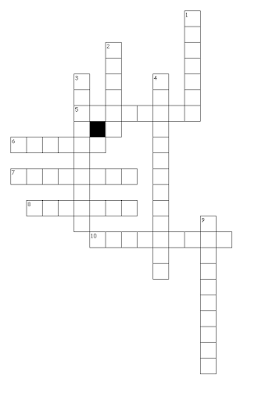According to Nicky Hockly (2013), digital literacies refer to our ability to effectively make use of the technologies at our disposal. "We are not just talking about a checklist of technical skills, but also about the social practices that surround the use of new media".
We, as future teachers of English need to bear in mind that communication is part of technology and students are closed to it. So it is really important that teachers can keep up-to-date with new networks in order to attract students´attention and make the lesson more relevant to them.
Digital literacies have four main areas: those with a focus on language, on connections, on information, and on (re)design. If we take into account the definition provided by CILIP's (Character Institute of Library and Information Professionals) Council in 2004, information literacy is knowing when and why you need information, where to find it, and how to evaluate, use and communicate it in an ethical manner.
We use the webpage by Discovery Education to create a crossword for a hypothetical group of students. First, we are going to show them a picture of the Olympic Village where there will be referential numbers on each stadium.
We, as future teachers of English need to bear in mind that communication is part of technology and students are closed to it. So it is really important that teachers can keep up-to-date with new networks in order to attract students´attention and make the lesson more relevant to them.
Digital literacies have four main areas: those with a focus on language, on connections, on information, and on (re)design. If we take into account the definition provided by CILIP's (Character Institute of Library and Information Professionals) Council in 2004, information literacy is knowing when and why you need information, where to find it, and how to evaluate, use and communicate it in an ethical manner.
We use the webpage by Discovery Education to create a crossword for a hypothetical group of students. First, we are going to show them a picture of the Olympic Village where there will be referential numbers on each stadium.
Students will be expected to look at the numbers and complete the following activity with the corresponding sport according to their intuitions and the information the pictures provide.
To conclude, we can say
that Discovery Education webpage is a valuable resource because it offers a breadth
and depth of digital media content. Also, it provides as Nicole Wagner, a
teacher of Tavan Elementary who writes for Discovery Eduaction, mentions "multiple and varied exposure to content".
References:
- Hockly, N. (n.d.). Digital literacies: What are they and why should we care? Retrieved July 05, 2016, from https://www.teachingenglish.org.uk/article/digital-literacies-what-are-they-why-should-we-care
References:
- Hockly, N. (n.d.). Digital literacies: What are they and why should we care? Retrieved July 05, 2016, from https://www.teachingenglish.org.uk/article/digital-literacies-what-are-they-why-should-we-care


